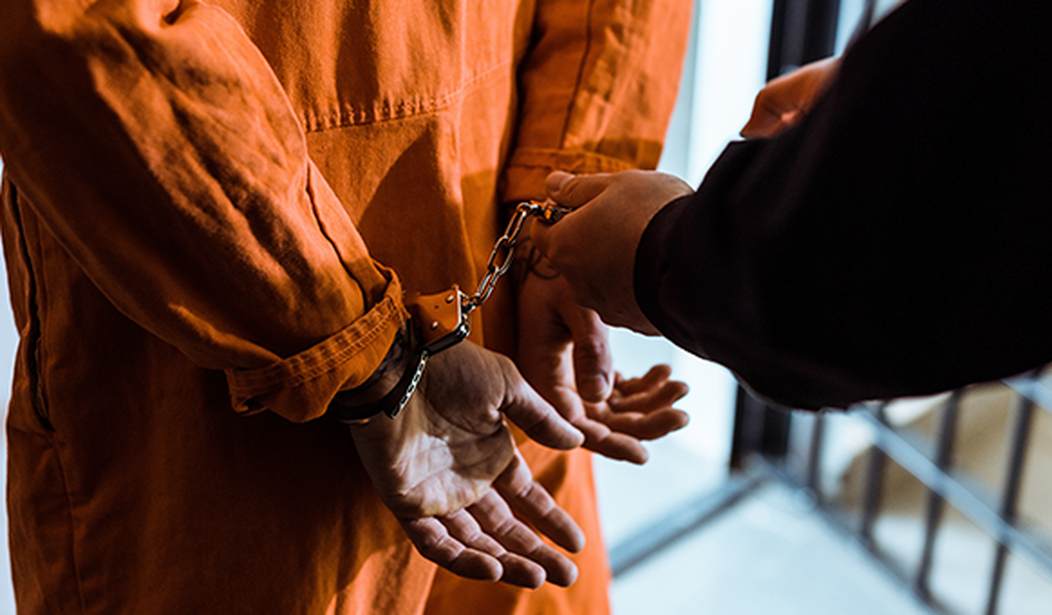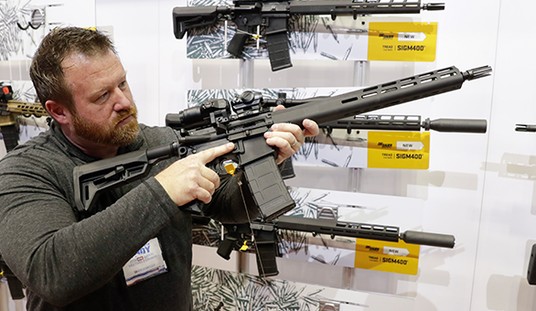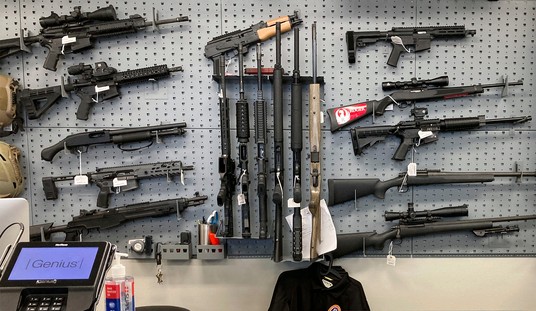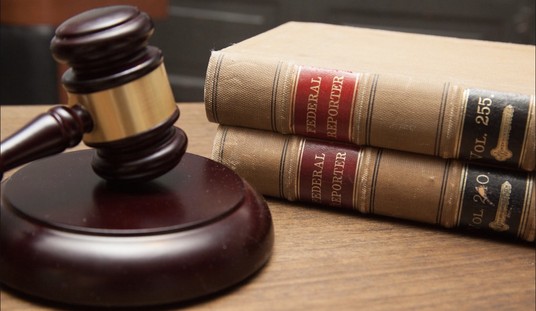Washington, D.C. Mayor Muriel Bowser responded to the fatal shooting of a 13-year-old suspected carjacker by telling reporters on Monday “guns, carjackings, 13-year-olds: recipe for tragedy, and that’s what we have.”
The mayor left out another very important part of that equation, however: the broken juvenile justice system that is doing next to nothing in stopping troubled youth from becoming repeat offenders.
As it turns out, Vernard Toney Jr. was already known to authorities when police responded to reports of a shooting last Saturday and found the 13-year-old suffering from gunshot wounds he received from an off-duty federal security officer who says he was targeted by two suspects as he sat in his car. Months before, police had Toney in custody after arresting him for a string of carjackings in D.C. earlier this year.
NBC affiliate WRC-TV reported that Vernard was the 12-year-old who was arrested in May for a string of nine carjackings, all in Southeast.
“He was known to the Metropolitan Police Department, and it’s just unfortunate that this particular incident happened on Saturday night that caused him to no longer be here,” acting Metropolitan Police Chief Pamela Smith said.
Vernard’s death comes after a 15-year-old girl was arrested last week and charged with being involved in two separate carjackings within hours of each other.
Police said the suspects crashed the two stolen vehicles early Thursday in the Brentwood neighborhood. Kendra Outlaw, the 16-year-old driver of one of the stolen vehicles, was killed in the collision.
Ms. Bowser said the 15-year-old girl, who was a passenger in one of the wrecked cars, had been charged in multiple carjackings.
The mayor took aim at D.C. Superior Court Judge Andrea Hertzfeld for releasing the child to her family since there was no space at a non-secure shelter.
“What was available was a secured environment,” Ms. Bowser said Monday, referring to the city’s juvenile detention facility. “In my opinion, you’ve been arrested for the seventh time for carjacking, that is where you belong.”
Bowser placed the blame on the judge in the case of the 15-year-old, saying it’s up to the courts to decide whether or not juvenile suspects will be placed in detention, placed in a shelter, or released to their family. The mayor might be right, but Bowser is deluding herself and her constituents if she doesn’t believe that Hertzfeld’s decision isn’t exactly what a sizeable portion of D.C. residents have been demanding. The D.C. City Council had a bitter and acrimonious fight over a public safety bill earlier this year, and even now there’s a sharp divide in the city between those advocating for a tough-on-crime approach and those who think the city should be more focused on crime-fighting efforts that aren’t centered around policing.
Juvenile crime in particular has been a particularly sensitive subject in the city. There have been more than 750 carjackings reported in D.C. this year, and of the 113 arrests that have been made through early October 65% of suspects are juveniles. Assistant Chief of the Investigative Services Bureau Carlos Heraud told WTOP radio earlier this month that he can’t pin the increase on any particular factor.
“I think if we knew the ‘why,’ we’d be able to address this much better. We have to get in the heads of those juveniles and see: Is it social media-run? Is it a lack of consequence that’s contributing to this? Is it conversations that they’re having in school?” Heraud said.
The accused carjackers are usually tight-lipped.
“I’m not aware of any case of a juvenile (accused of carjacking) actually talking to detectives when they’re apprehended,” said Heraud.
Social media may be playing a role, but if juveniles really are being arrested six or seven times for carjackings and are still being released to their parents instead of being held behind bars, I think it’s fair to say that a lack of consequences is also a big part of the problem. I don’t know if juvenile detention would have been able to put Vernard Toney Jr. on a better path, but it would have at least kept him alive. Instead, the system spit him back onto the streets with little-to-no supervision from either authorities or his parents, and the failures of D.C.’s juvenile justice system and the adults who were in Toney’s life are both tragic and completely foreseeable.









Join the conversation as a VIP Member